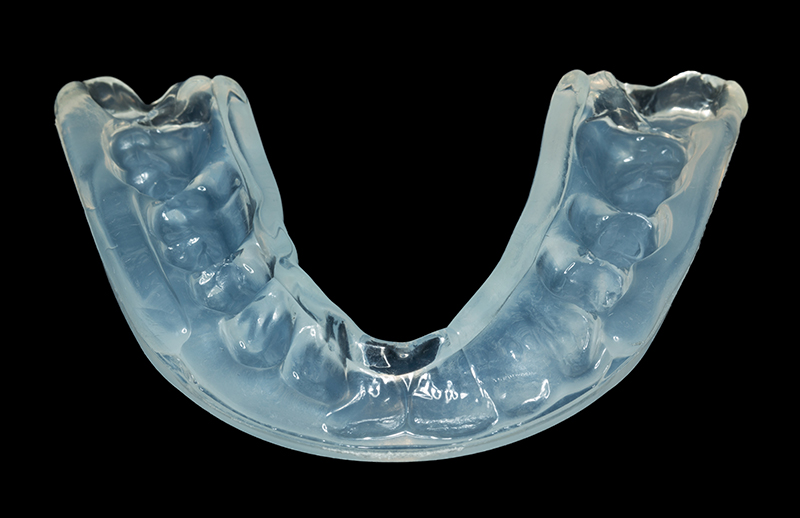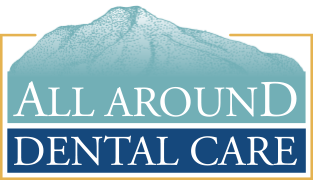
There are two categories of mouthguards with two different purposes that you can get from your dentist. Mouthguards for sports are intended to prevent injury. Mouthguards worn while sleeping are intended to prevent problems associated with teeth grinding or other bite problems.
Sports Guards
Sports mouthguards, also just called sports guards, have been in use for nearly 100 years. They were originally invented for boxers around 1919, to keep tooth & lip injuries from interrupting matches. They later came into use in many other sports, most notably basketball & American football. By 1960, the American Dental Association recommended latex sports guards be used in most contact sports.
The ADA still recommends that athletes wear sports guards in all contact sports. The ADA (& our dentists) recommend that sports guards be worn in any sport that could involve facial impacts, including solitary sports like mountain biking or skiing. Sports guards prevent injury to not just the teeth, but also to gums, lips & cheeks. Some studies also indicate that wearing a sports guard can help prevent concussions from impacts.
While there are types of sportsguards that you can buy at the drug store, sportsguards created by your family dentist are more comfortable & effective. Dentist-made sportsguards are customized to a mold of your teeth & are less likely to obstruct speech & breathing. They may be a little pricier, but they are well worth the investment.
Night Guards
Mouthguards worn while sleeping are often called night guards. You will hear dentists refer to them as occlusal guards. The word occlusion means having to do with the bite or how the teeth fit together. Therefore, an occlusal guard makes sure you have a proper bite when sleeping.
Night guards are most often recommended for people who grind their teeth at night. Teeth grinding can sometimes lead to severe problems if left untreated, such as worn teeth that leads to tooth decay, headaches, ear aches, & jaw problems such as TMJ. If your family dentist notices signs or symptoms of teeth grinding, they will recommend getting a custom night guard made. Night guards are worn over either the top or bottom teeth while sleeping.
Sleep Apnea Appliances
There is also something called an oral appliance that is used in treating obstructive sleep apnea. These often resemble bruxism mouthguards but are different in that they usually cover both the bottom & upper teeth. Sleep apnea appliances work by moving the bottom jaw forward relative to the upper jaw, thus preventing the tongue & associated structures from obstructing the breathing passage while the patient is sleeping. These appliances can be prescribed by a family dentist with specialty training in sleep apnea treatment.
